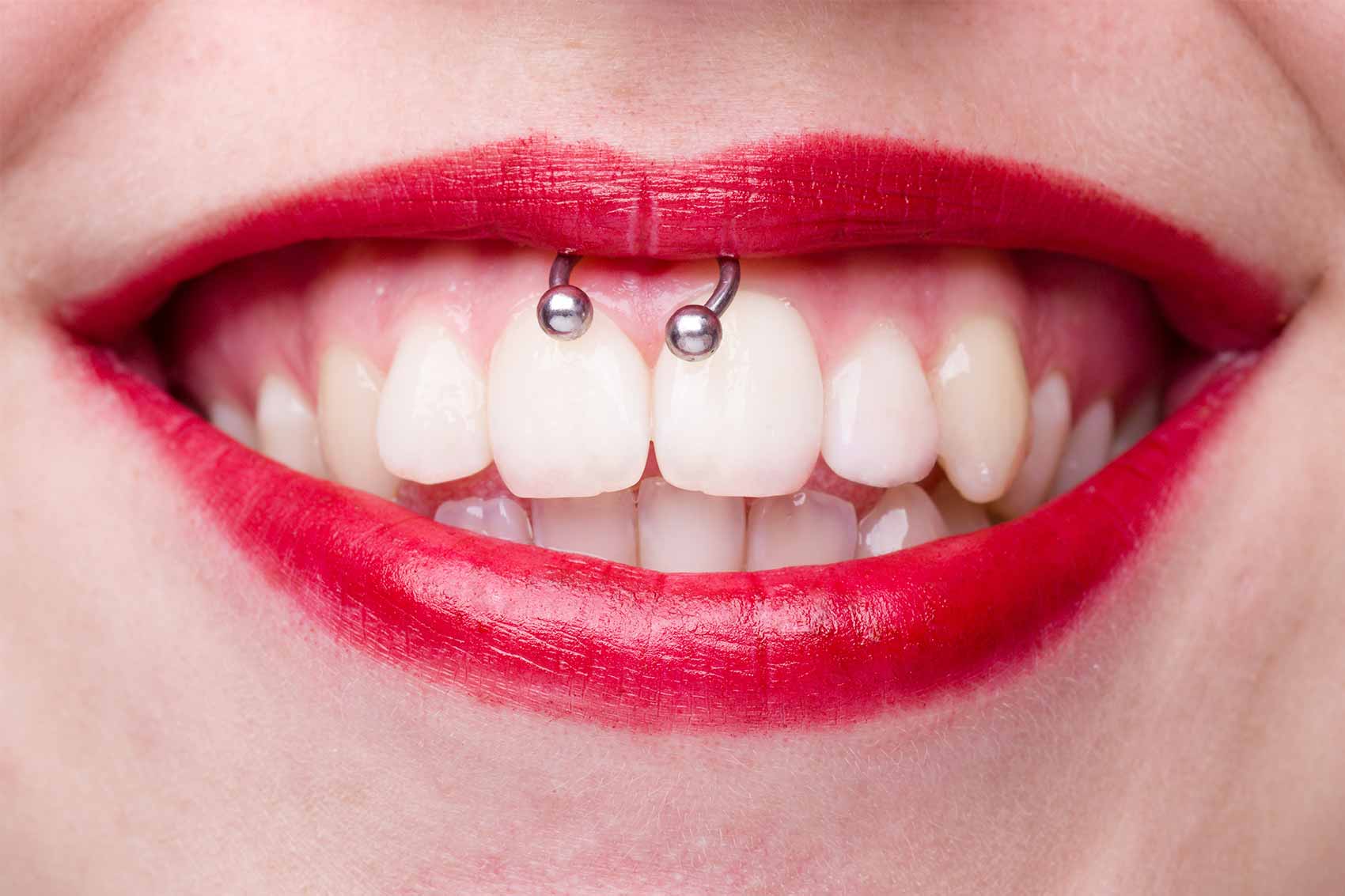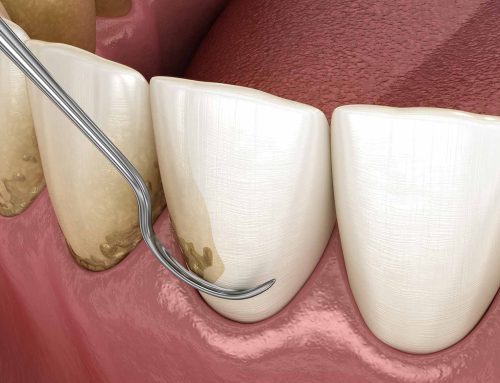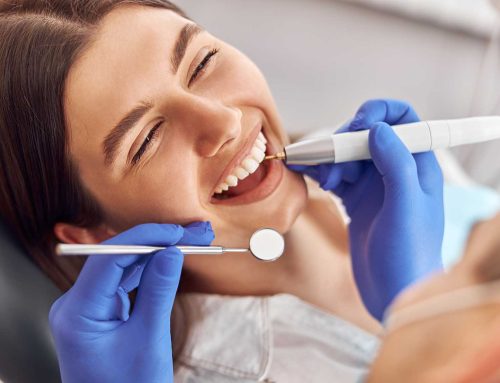It seems as if each day we’re seeing more and more mouth piercings of all kinds in people of all ages. Tongue piercings, lip piercings, cheek piercings and so-called “smiley piercings” are all noteworthy for their originality—and for the possible harm they can do to your mouth!
What precautions should you take before getting a smiley piercing or any other type of mouth piercing? What are the risks or dangers? In this article, we’ll take an in-depth look at the topic, including some wise advice from your dentist.
Smiley piercings: a trend that has dentists worried
For a number of years now, mouth piercings and tooth gems have been gaining significant popularity. The latest craze is the smiley piercing, or piercing of the frenulum, which is the small flap of tissue that connects the inside of the upper lip with the upper gum.
Unfortunately, piercings in general entail their fair share of risks, and mouth piercings are no exception. Of course, the most common complications, including infections, allergies and fissures, are immediately apparent and often painful. Consequently, they’re easily recognizable. However, according to dentists, the complications that develop without pain or any visible signs are the most problematic, precisely because they’re imperceptible by nature.
The culprit? The metallic clasp, which rubs incessantly against the teeth or gums, leading to enamel loss. Over time, because of this repeated friction, people expose themselves to the risks of chipped teeth, gingivitis and receded gums, resulting in loose teeth and possible tooth loss.
If you decide to move ahead with a mouth piercing despite the warnings, make sure to follow the advice of your dentist!
Advice from your dentist for a low-risk mouth piercing!
While dentists generally advise against mouth piercings, there are certain actions you can take to guarantee a more successful venture. Below, you’ll learn about the approach that oral health professionals recommend!
If you’re thinking about getting this kind of piercing, your first instinct should be to schedule an appointment with your dentist. He or she will be able to evaluate the general condition of your mouth.
Make sure that you have the piercing done by a professional who observes rigorous standards of safety and hygiene during the procedure. This should include sterilization of the material in an autoclave, the use of antibacterial solutions and, as much as possible, the utilization of single-use materials.
Once your piercing is finished and the hoop or ring is in place, don’t hesitate to check back with your dentist. He or she will be especially interested in ascertaining any possible threats of infection or excessive abrasion.
Between visits to your dental professional, rinse out your mouth regularly with an appropriate antiseptic mouthwash. It’s also important to avoid playing with your piercing, as tempting as it may be!
If you have even the slightest concern, your dentist will remain available to reassure you regarding your condition or to perform a more thorough examination to ensure that this distinguishing mark doesn’t turn into a permanent problem.
Your dental team
At Clinique Dentaire Charles Trottier, our mission is to explain the ins and outs of your decision and give you the best possible support and guidance, including the finer points, so you can take better care of yourself and your mouth!
Sources :
Dr. Normand Bach Orthodontiste. Piercing and orthodontics. 2017.
Sud-Ouest. Piercing « smiley », entre esthétique et santé bucco-dentaire, il faut choisir. [Smiley piercings: you must choose between esthetics and oral health]. 2024.





